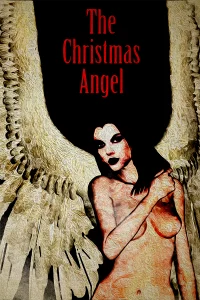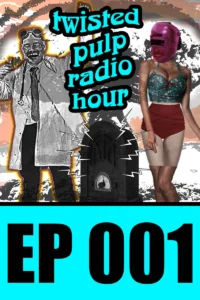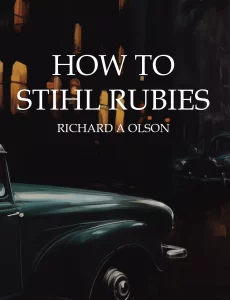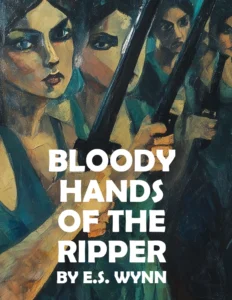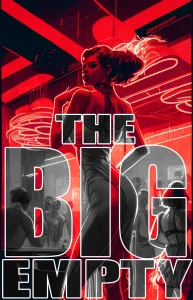 Incident at the Lighthouse Audio Drama by Pete Lutz
Incident at the Lighthouse Audio Drama by Pete Lutz
A night of drunken revelry turns into a horrific descent into madness when two prostitutes visit a remote French lighthouse.
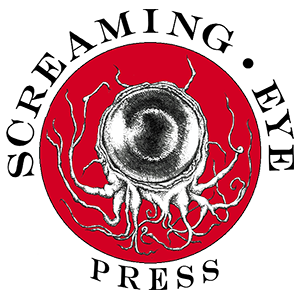




 Insanity by Thomas M. Malafarina
Insanity by Thomas M. Malafarina  Since the Sky Blew Off
Since the Sky Blew Off  The Winter Garden Murders by Svensj
The Winter Garden Murders by Svensj  And The Scales Fell From My Eyes by Thomas M. Malafarina
And The Scales Fell From My Eyes by Thomas M. Malafarina  Blink By Beth Lee
Blink By Beth Lee  Duncan Ralston: The Dark Genius Behind Modern Horror Fiction
Duncan Ralston: The Dark Genius Behind Modern Horror Fiction  A Dead Ringer For A Black Fox: Part 2 by Brian Warf
A Dead Ringer For A Black Fox: Part 2 by Brian Warf  Mother. Sky. By Mark Slade
Mother. Sky. By Mark Slade  The Unintended Consequences of Daytime Television by Paige Keir
The Unintended Consequences of Daytime Television by Paige Keir  A Dead Ringer For A Black Fox: Part 1 by Brian Warf
A Dead Ringer For A Black Fox: Part 1 by Brian Warf  Limited Edition by Tyson Blue
Limited Edition by Tyson Blue 


